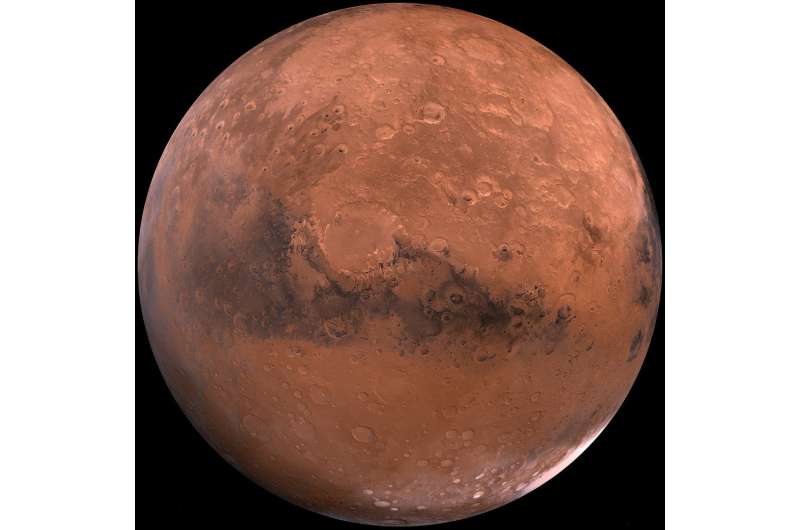The MAV is responsible for getting those samples back up to orbit and out of Mars' gravity well.
That's where the third yet-to-be-designed component comes in—the Earth Return Orbiter. ESA is responsible for its overall design, though NASA will help provide some components to it. It will be responsible for rendezvousing with the MAV and getting the samples it contains back to Earth.
Part of the project's struggles is that almost none of the stages have reached a file design yet. The SLR alone has gone from having another rover to now containing two helicopters to pick up samples, possibly thanks to the stunning success of the Ingenuity helicopter that accompanied Perseverance. But, as any engineer will tell you, design iterations cost money. And more money is hard to come by in a government project.
So much so that NASA recently convened a second independent review board for the project—a step it has never taken for a mission before. That independent review board can approve, limit, or even cancel the entire project. Part of its decision will be based on nuances of NASA's budget.
The space agency itself is experiencing a bit of a budget crisis. Political exigencies, specifically some around spending, as Congress effectively capped discretionary spending (which includes NASA) as part of the negotiation to avoid a debt default. Increasing inflation and supply chain snarl-ups are sure to create a recipe for disaster with a diminishing administration budget trying to support a ballooning project budget.
Even more budgetary woes come from the Decadal Survey for Planetary Science. While the Decadal "unequivocally" supported the MSR as the highest priority mission that NASA should work on, it suggested limiting the project's budget to no more than 35% of the Planetary Science Division's budget. Typically lawmakers accept the suggestions of the Decadal survey without asking any questions. And with the expected budget constraints, MSR is already reaching dangerously close to that 35% threshold over the next few years.
In the worst case, the project ends up like VERITAS, which has been indefinitely suspended, and the resources working on it are assigned to other projects. The independent review board does have the power to suggest such an outcome. However, they are being tight-lipped about what their expected suggestion is so far. Mars enthusiasts must wait until late summer / early fall to read about their recommendation.
In the meantime, as the Planetary Society report points out, Perseverance is diligently continuing to collect samples, no matter the travails its compatriots might be going through. It remains a shining example of how effective planetary science missions can be when they're done right.
Provided by Universe Today



